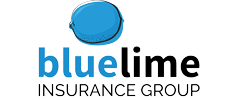
For so many communities, a properly run HOA is crucial to the upkeep of shared properties, maintenance of the grounds and common spaces, and functionality of amenities. A good HOA board is aware of the numerous risks that come with day-to-day association matters, and prepared to handle problematic situations should they occur.
Potential HOA Risks
Effective risk management in an HOA begins with awareness of possible risks. Some are obvious, while others may go overlooked by the HOA board and management. Here are a few potential risks every association should be aware of.
- Board negligence. Members of an HOA board have a fiduciary responsibility to act in the best interest of the community and its members. However, even the most carefully selected board members have faults, and a lapse in judgment could leave the association at risk for serious mistakes and perhaps even a costly legal battle.
- Crime.Theft, vandalism, violent crimes, break-ins and other criminal activity is a risk to all communities, no matter their location. When a crime is committed within community boundaries, the HOA could be liable.
- Work Accidents. HOAs often need to hire outside vendors to make repairs or necessary upgrades to the community, and in doing so they risk liability should a hired employee suffer an injury while on the job.
- Building Defects. Even small issues like a crack in the sidewalk or a clogged drain can pose risks to residents’ health and well-being, for which the association may be held responsible.
Be Prepared to Reduce Risks
From an insurance standpoint, community associations should have a clear knowledge of what their governing documents require to be insured, as well as an understanding of the most likely risks to their specific community. Lapses in HOA insurance most generally occur with regards to damage to personal property, and damages incurred by HOA board members.
An HOA can greatly reduce its risks by conducting regular inspections of the property and making changes and adjustments as needed. The HOA board should be trained and prepared to respond quickly to reported risks, and should seek out feedback from residents to uncover risks they may have overlooked. Associations should avoid simply assuming their insurance will take care of any problems—prevention is key to keeping premiums low and tenants happy, whether the incurred damage is covered or not.
